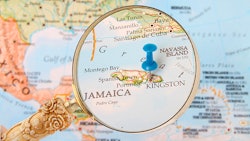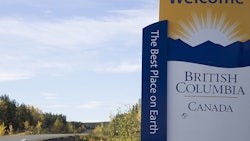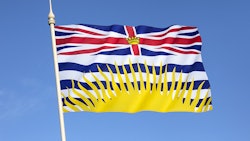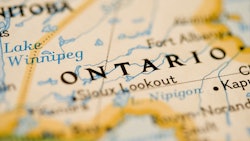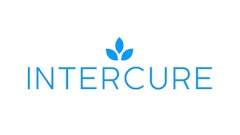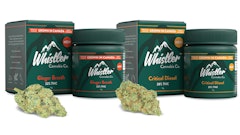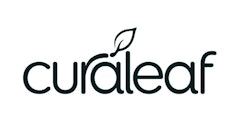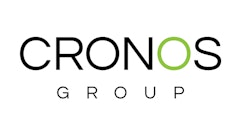OTTAWA (Reuters) - Canada is proposing a federal excise tax on marijuana to help ease the path to legalizing the drug, Prime Minister Justin Trudeau said on Tuesday, drawing a cautious response from provinces that would oversee the process.
Trudeau's Liberal government plans to make recreational marijuana legal by mid-2018. Responsibility for sales lies with the 10 provinces, which complain they will face increased costs to set up distribution networks and boost policing.
Trudeau said revenues from the proposed tax would be split equally with the provinces, adding the idea needed to be discussed in detail.
"I heard loud and clear the concerns coming from the provinces that are worried about the costs," he told a news conference after meeting most of the provincial premiers.
His proposal is for an excise tax of C$1 (80 cents) per gram (0.04 ounce) up to 10 grams, and then 10 percent of the value of marijuana sold in quantities of more than 10 grams.
Trudeau says legalizing recreational marijuana will keep it out of the hands of underage users and reduce drug-related crime.
Manitoba Premier Brian Pallister said no one knew the real costs of selling cannabis.
"At this point, we don't know what the net (revenue) will be - we may be splitting a cost, not a net proceed," he told the news conference.
Nova Scotia Premier Stephen McNeil and Quebec Premier Philippe Couillard said revenues would likely be modest, given the need to set prices low enough to compete with the black market.
Firms that could benefit from legalization include Canopy Growth Corp









